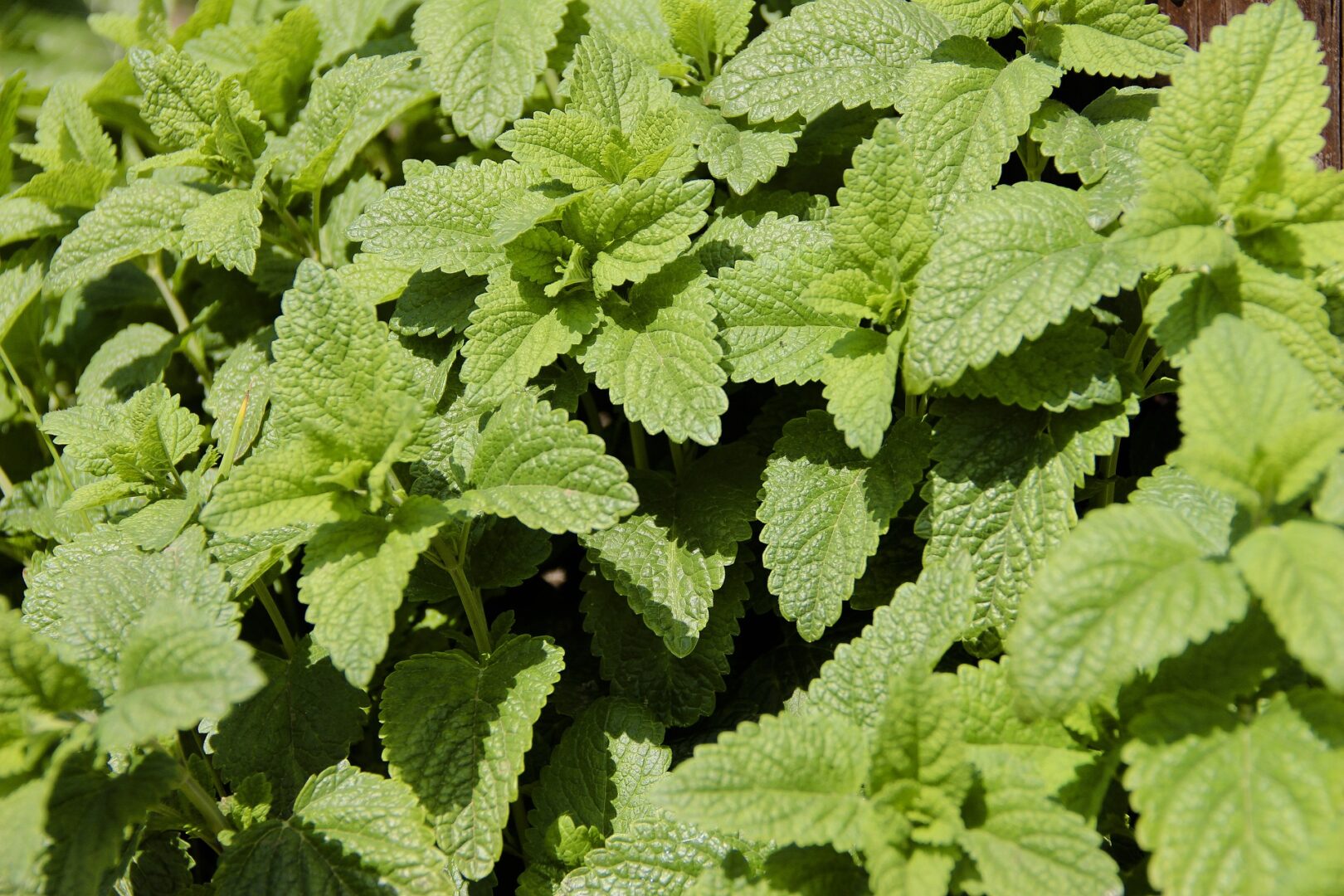Dogs’ diets are tricky because they differ significantly from ours. Not to mention, they’re curious animals that’ll munch on any unfamiliar food in front of them to know how it tastes like.
But can dogs eat lemongrass? Lemongrass is a plant that belongs to the grass family, and many dog owners grow it in their gardens to use it in cooking.
To sum it up, yes, your dog can munch on a delicious lemongrass plant happily. But this doesn’t mean that you should offer it.
Now, after giving you the broad answer, it’s time to dive into more details.
Is Lemongrass Safe for Dogs?
Yes, lemongrass, also commonly known as Malabar grass or citronella grass, is safe for dogs. However, some grasses of the same family aren’t. Luckily, the most common species aren’t toxic: Cymbopogon nardus, Cymbopogon citratus, and Cymbopogon winterianus.
Many people grow this plant in their gardens, where dogs have free access. So naturally, they worry about their dogs munching on the grown plant. Fortunately, lemongrass isn’t toxic to our canine friends. However, it should never be a part of your dog’s regular diet.

Dogs are primarily carnivores, not herbivores. They take all of their essential nutrients from meat, chicken, fish, and other proteins. So their digestive systems don’t take plant material as well as we do. This doesn’t only go for lemongrass, but also every other grass or vegetable that your dog likes.
As a result of ingesting too much lemongrass, your dog might suffer from digestive issues. Generally, when it comes to dogs’ diet, moderation is vital. So, if your pet has taken a liking to the citrusy taste of lemongrass, offer it in minimal amounts and not daily. If you do otherwise, you might leave your dog’s stomach upset for the day.
What About Lemongrass Essential Oil?
Although lemongrass is safe for your dog, lemongrass essential oil isn’t. This is because it has a high concentration of geraniol and citral, which are both poisonous for canines.
However, some dog owners use citronella oil sprays to make their dogs smell good, as they have a citrus-like scent. But you should never give your canine lemongrass essential oils to ingest. If it happens by accident, you should take your pet to the vet immediately for treatment.
Lemongrass Poisoning for Dogs
While lemongrass by itself isn’t poisonous, any sickness that occurs due to eating it can be called lemongrass poisoning.
Lemongrass poisoning can happen if your dog ingests large amounts of lemongrass at once. This often causes intestinal blockage in the dog’s digestive system. The symptoms you should keep an eye for are abdominal pain or discomfort, fever, shock, vomiting, and loss of appetite. However, they may happen after 24 hours of your dog feeding.

Also, your dog might be at risk of lemongrass poisoning if it ingests the zesty essential oil. Since essential oils are much more concentrated than lemongrass plants, only a tiny amount is sufficient to cause an adverse health effect. Moreover, essential oils are extracted from various grasses, so the one that your dog drinks might be from a toxic lemongrass variety.
It’s worth mentioning that if your dog eats a small amount of lemongrass and reacts adversely, it might have an underlying problem. For example, your canine friend might be allergic to lemongrass. As a rule of thumb, you should watch your pet for 24 hours after you introduce any new food to its diet.
Treatment and Recovery
Your vet will ultimately decide on the proper treatment course, but here’s a brief about what you should expect.
If your dog is in distress, your vet might use supportive treatments like intravenous fluids, even if the diagnosis isn’t final yet. Then, in the case of intestinal system obstruction, your dog might need fluid therapy to push the mass out. It’ll also need repeated imaging to track the gastrointestinal system’s health.
If your canine pal eats a pesticide-covered plant or a mildly toxic plant species, there are a few actions that your vet might request. For instance, your dog might need induced vomiting, activated charcoal treatment, or gastric lavage.
Related Contents
Can I Grow Lemongrass in My Garden if I Own a Dog?
While we don’t recommend it, yes, you can. Lemongrass is a common ingredient in many foods and is used widely in Thai cooking. In addition, many people grow it in their gardens to have a constant source of the delicious plant.

However, this might not be your best decision since dogs often sniff around gardens for a long time. And because lemongrass has a delightful, citrus-like taste, dogs often love it.
If they come across your plant and munch on a large amount, the results won’t be so pretty. So instead, you can grow kiwis or grapefruits since dogs hate those.
Frequently Asked Questions
Is Lemongrass Safe for Puppies?
Little puppies have sensitive digestive systems, and they don’t take vegetables and plants as well as big dogs do. So while it’s nontoxic for them, it might not be the best addition to their diets.
Can I Use Lemongrass Essential Oil as a Bug Repellent for My Dog?
Yes, you can. Many dog owners use lemongrass essential oil sprays on their dogs. This is because they successfully repel fleas and mosquitoes. However, if you plan to do so, you should consult your vet first because your dog might be allergic.
To Wrap Up
If you see your dog eating lemongrass peacefully in your garden, you shouldn’t panic. Likely, it won’t suffer from any adverse health effects. However, this doesn’t mean that the grass is completely safe for dogs. For example, it might give them intestinal blockages if they eat it in large quantities. So to be safe, you should stay away from offering it to your dog altogether.

